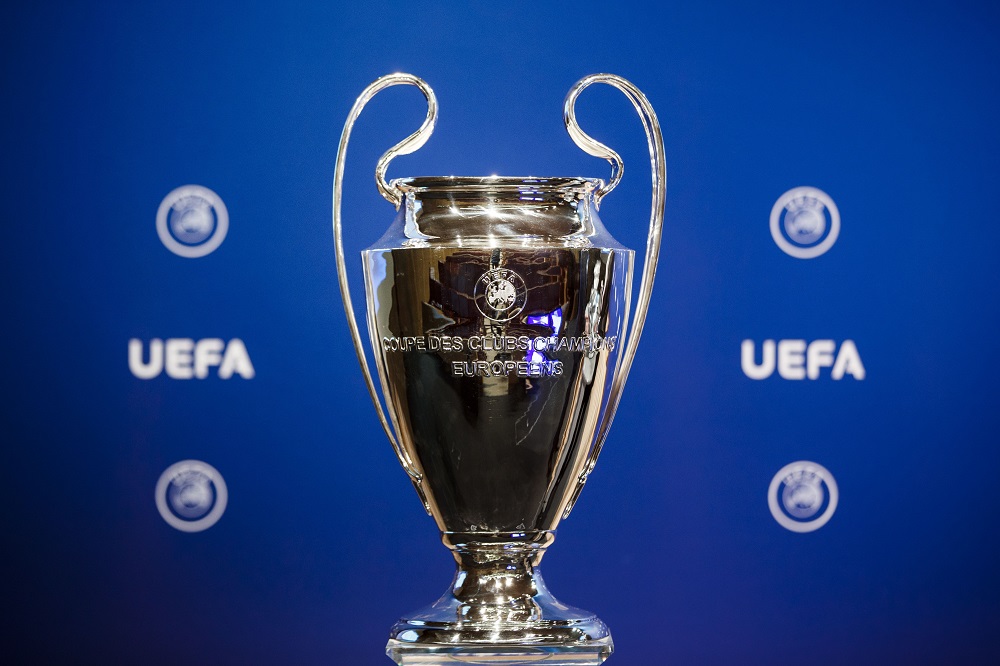The UEFA Champions League (UCL), which is also known as the European Cup, is a club competition that is contested every year by top European clubs. National League (top-division) champions and their runners up are the teams that play this prestigious club competition. But how did this premier competition start and what’s the qualification process?

Founded 65 Years Ago
The Champions League was founded in 1955 but rebranded in 1992. Initially, it was called the European Champion Clubs’ Cup. The UCL only featured winners from national championships from each country in Europe. And it only started allowing multiple entrants from different leagues across Europe in 1992 upon changing its name to UEFA Champions League. Some countries still provide only one club, but the strongest leagues can enter up to four clubs. The winners of both UCL and Europa League get direct entry into this prestigious competition.
Qualification
There are a total of 79 teams, but only 32 qualify for the group stages. Teams can qualify by being league winners in their country or by finishing from 2-4th in the national championship. More often than not, the teams that finish fourth in the national championship may have to face other teams for the knockout stages, which precede the group stages.
Seeding is used to divide the 32 teams into eight groups of four. All four teams play each other in home and away fixtures. The first and second teams progress to the next round, which is also played home and away. The winner progresses to the quarter-finals. Unlike in the round of 16 and group stages, there’s no association protection in the quarter-finals, semis, and the finals. Teams from the same country can face each other. Take for example when Tottenham met Manchester City in the 2018/29 quarter-finals and the finals where Liverpool won 2-0 against Tottenham.
